The Thessaloniki Documentary Film Festival hosted the premiere of the film A House Made of Splinters, by Danish director Simon Lereng Wilmont, which is participating in the international competition. The presentation was made by the artistic director of the festival, Orestis Andreadakis, with these words: A documentary about children always shocks us, a documentary about Ukraine opens our eyes, a documentary about children in Ukraine is really important.
In A House of Made Splinters, we meet the inmates of a foster home in Ukraine, an intermediate step between their unstructured and threatening – but longed-for – homes and the orphanage. Some wait to be taken in by local families, are rejected after a short stay, or go straight to the state institutions that will replace their families for good.
In his previous film, The Distant Barking of Dogs (2017), Lereng Wilmont followed for a year the life of Oleg, a ten-year-old boy who lives with his grandmother on the war front in eastern Ukraine, narrating the effects and the gradual toll of the conflict on the little boy, on his innocence and his upbringing. The director had already shown us his sensitivity in exposing the lives of children to our gaze, making us forget that a camera is watching them, such is the spontaneity with which they evolve in front of it.
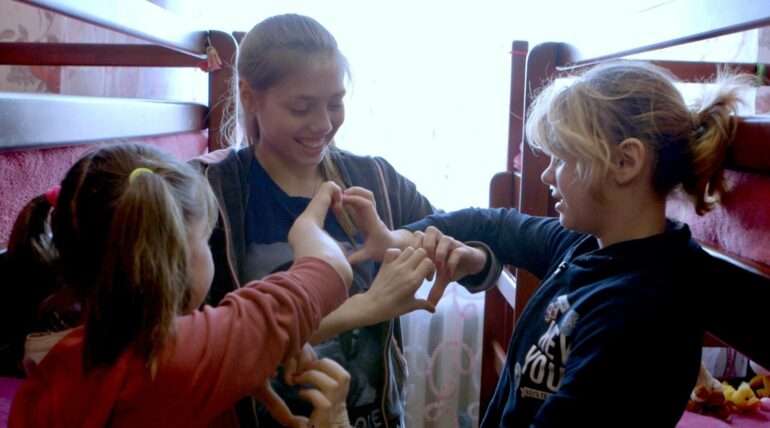
The children’s familiarity with the camera is astonishing, the director explained: It took me about 1,5 years of coming back and forth to Ukraine to shoot the documentary. I had to build a trust between us in order for them to react naturally before the camera and to be themselves. Also, it was just me and my assistant during shooting and I have two kids their age, so I like spending time with them, just as I enjoyed spending time with these kids. I wanted to learn as much as possible about them and they love the attention you give them. In the more emotional scenes, they did not feel that there is a stranger in the room but they felt safe I was there because they knew me.
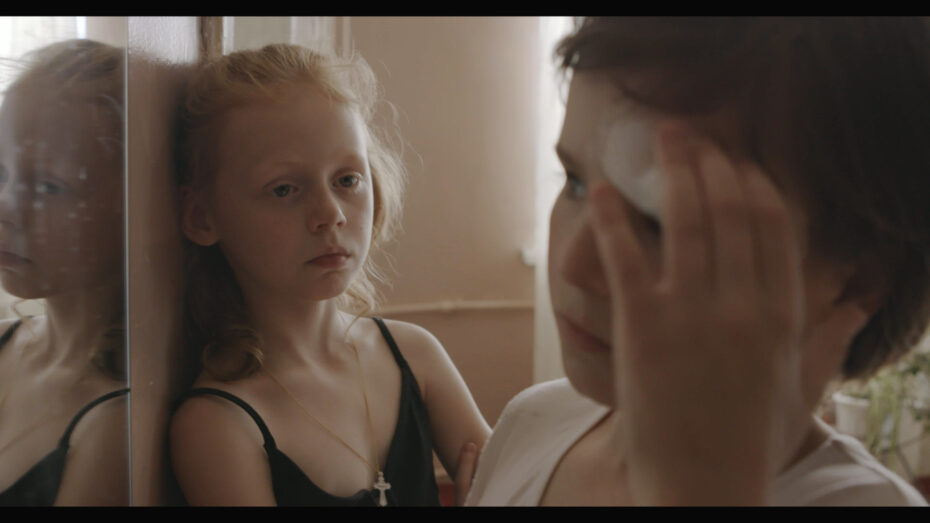
The different children who pass in front of our eyes and whom we follow from morning to night, struggle to remain children in spite of their parents, in spite of their environment, and try to maintain their mental health, with varying degrees of success. The stress of insecurity, the maturity they possess and which makes the behaviour of their parents pale, places them in a painful limbo, because they can neither remain children nor grow up all at once. Lereng Wilmont perfectly conveys this unconscious struggle between continuing to play with dolls and being aware that their mothers are irresponsible, that alcohol is more powerful than their love. During the post-film discussion, the director stated that although it may not seem like it, there was no dialogue in the script: There is no script, what you see is their authentic reactions. If you feel that their conversations are too mature for their age, that is because of their experiences. Many children have to grow up abruptly and they gain a wisdom in life much sooner than they have to.
The children hope and trust, and it is particularly interesting to watch the interviews with the director of the foster care centre, who asks the children about their expectations and to see how they oscillate between hope, illusion and disappointment, acceptance of their fate. They hope that their parents will stop drinking and abusing each other, go back to work and rebuild their family, but the next day after a frustrated visit, they begin to transform the pain of separation into the pain of mourning. The film is despairing, moving the conflict from its narrative to its form, as the warmth of the imagery contrasts sharply with its content. A House Made of Splinters has among its references Beasts of the Southern Wild (Behn Zeitlin, 2012) and its director acknowledges this.
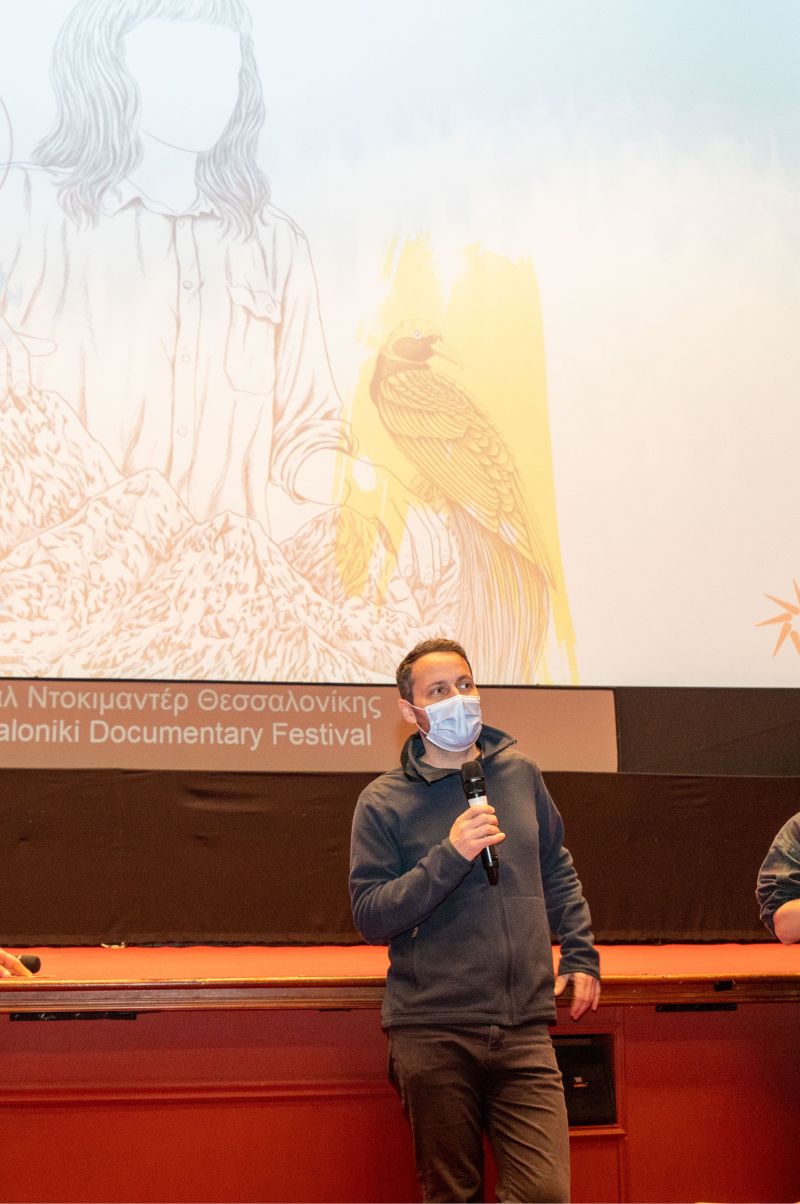
Simon Lereng Wilmont. Photo © Thessaloniki Film Festival.
The work of the social workers is commendable, their treatment of the children is affectionate and understanding, and their capacity to be moved by the dramas they experience on a daily basis is undiminished. The heartbreak of the impotence to change the course of these little lives is compensated by the effort to make them as pleasant as possible, without hiding from them the prospects of their stay in a centre, which welcomes them as a respite, a haven of peace far from the screams, the drunkenness and the hunger.
During his interesting intervention in the Q&A after the film, the director revealed some outcomes that he did not manage to film, as the audience was interested in the fate of the children that we almost adopted for 86′. This is not only an important but also a valuable film, which is unfortunately necessary at this time.

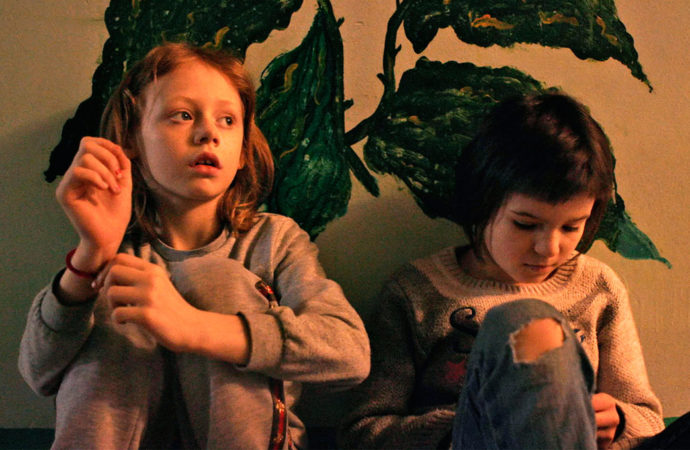

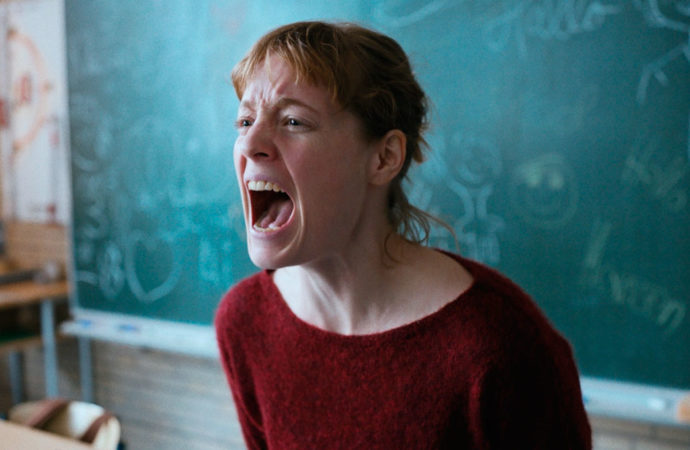
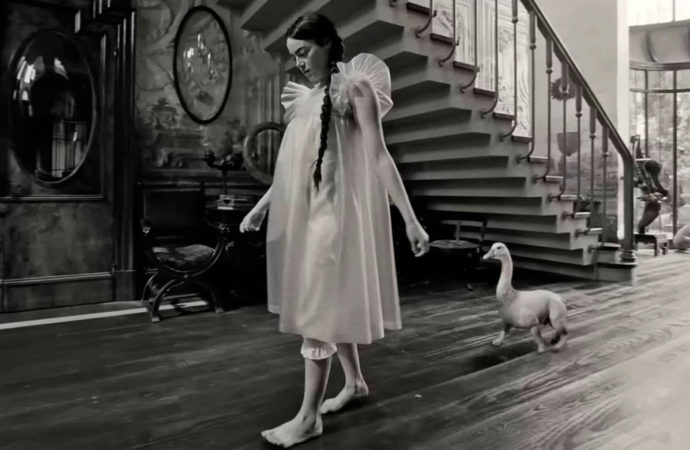
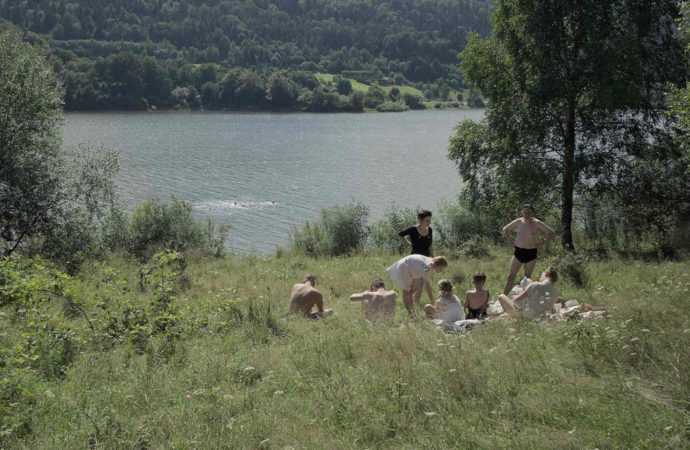

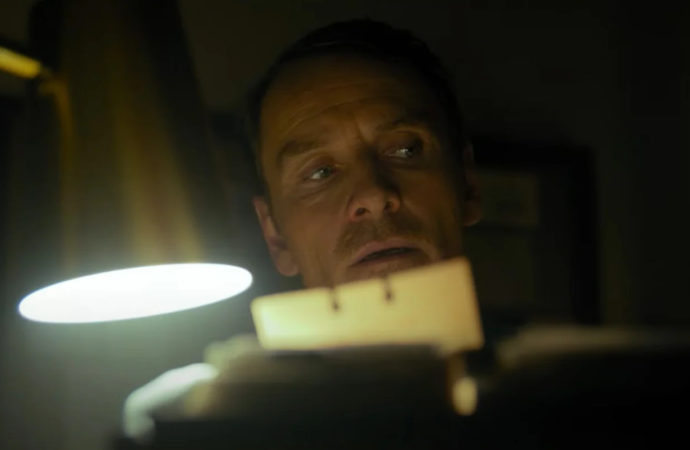

No one has posted any comments yet. Be the first person!